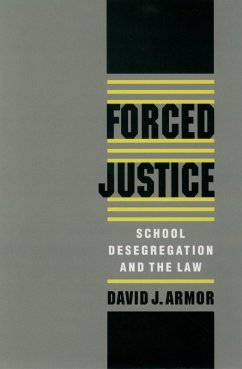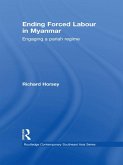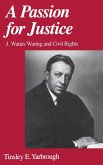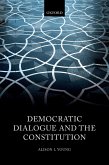School desegregation and "forced" busing first brought people to the barricades during the 1960s and 1970s, and the idea continues to spark controversy today whenever it is proposed. A quiet rage smolders in hundreds of public school systems, where court- ordered busing plans have been in place for over twenty years. Intended to remedy the social and educational disadvantages of minorities, desegregation policy has not produced any appreciable educational gains, while its political and social costs have been considerable. Now, on the fortieth anniversary of the Supreme Court's epic decision,
Brown v. Board of Education, the legal and social justifications for school desegregation are ripe for reexamination. In
Forced Justice, David J. Armor explores the benefits and drawbacks of voluntary and involuntary desegregation plans, especially those in communities with "magnet" schools. He finds that voluntary plans, which let parents decide which school program is best for their children, are just as effective in attaining long-term desegregation as mandatory busing, and that these plans generate far greater community support. Armor concludes by proposing a new policy of "equity" choice, which draws upon the best features of both the desegregation and choice movements. This policy promises both improved desegregation and greater educational choices for all, especially for the disadvantaged minority children in urban systems who now have the fewest educational choices. The debate over desegregation policy and its many consequences needs to move beyond academic journals and courtrooms to a larger audience. In addition to educators and policymakers,
Forced Justice will be an important book for social scientists, attorneys and specialists in civil rights issues, and all persons concerned about the state of public education.
Dieser Download kann aus rechtlichen Gründen nur mit Rechnungsadresse in A, B, BG, CY, CZ, D, DK, EW, E, FIN, F, GR, HR, H, IRL, I, LT, L, LR, M, NL, PL, P, R, S, SLO, SK ausgeliefert werden.









